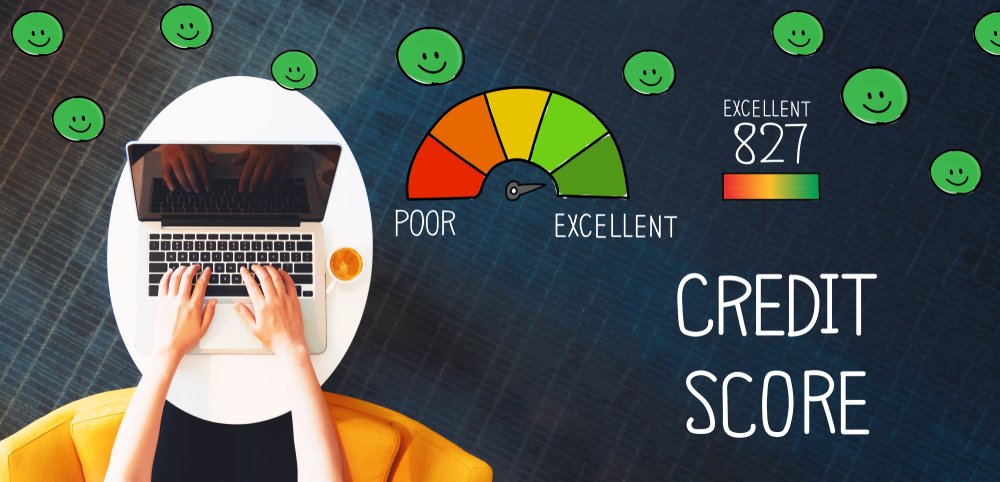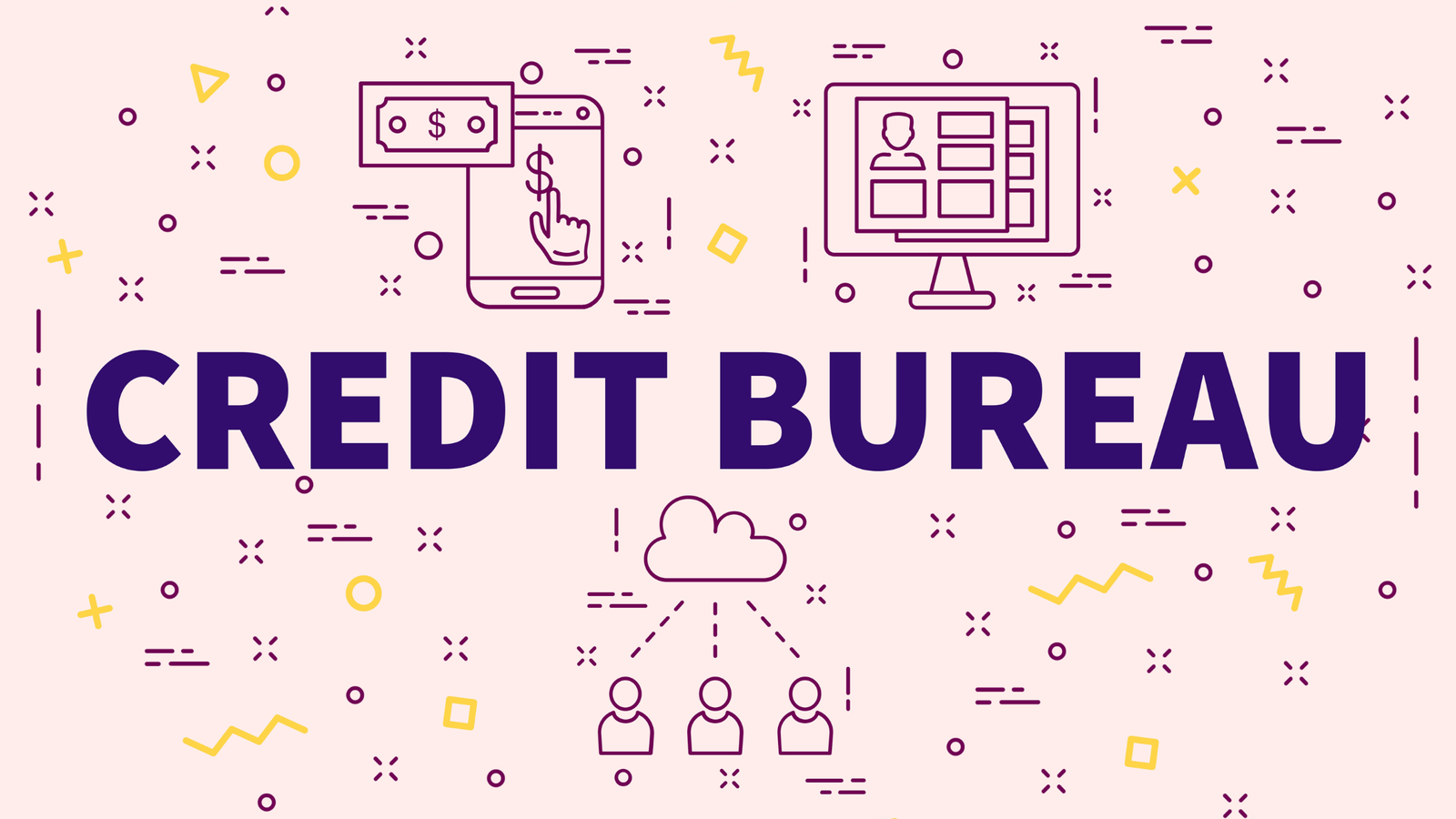If you’re trying to achieve a perfect credit score of 850, you’re not alone. 1.6% of the U.S. population has a perfect FICOⓇ score of 850. Hawaii leads the pack with 2.62% of the population boasting a perfect score. As more Americans work towards freeing themselves of debt, these percentages are projected to rise.
Although it may feel impossible, a perfect credit score is certainly achievable. This article will tell you how to achieve a perfect credit score, what hurdles you might face, and how to overcome them.
When Do You Need a Perfect Credit Score?
An 850 credit score is not extremely necessary, but it’s certainly a “big flex,” as the young’ins say. Data shows that Millennials and Gen Z’s are leading the trend of perfect credit scores. Because of this sudden interest in raising credit among the younger generations, the average U.S. credit score hit a record high of 714 in 2021.
Fortunately, having a perfect credit score is more than riding a cool trend. An 850 score would award you the following perks:
- Eligible for the best credit cards (low interest, great rewards, and high cash back percentage)
- Lowest interest rates on the market
- Better financing terms for cellphones
- Higher chances of renting a home
- Better car and home insurance rates
Who wouldn’t want those perks? Now that we know the benefits, let’s discuss what factors to consider when working towards a perfect credit score.
Activity Reflected on a Credit Report
Credit scores are based on the activity reported to the three main credit bureaus regarding your credit behavior.
Creditors will report on the following:
- Payment history (including payments made and late payments)
- Personal identity information (name, date of birth, address, Social Security number)
- Credit accounts and credit limits
- Balances owed
- Credit history length
- Payment history
- Hard inquiries
This list can get overwhelming, and it can be hard to know what the credit bureaus see. We’ve put together a list of actions to achieve an 850 credit score.
How To Achieve a Perfect Credit Score
The big secret to achieving this is discipline. If you’re serious about improving your credit score, we recommend you analyze your credit reports regularly. These are the top 5 apps for monitoring your credit score. FreeScore360 is also a great way to see your score across all three credit bureaus while getting credit monitoring services, among many other perks. They have a free 7-day trial if you’re not sure it’s right for you.
If you’re flying solo, here are helpful tips on achieving a perfect credit score.
Great Credit History
Your credit history is a complete breakdown of how you’ve maintained your credit accounts over the years. Credit history accounts for 15% of a person’s FICO credit score. The longer the credit history, the better the credit score (if all other score factors remain the same).
This also means it matters how long you’ve been building your credit. The average credit history length for someone with an 850 credit score is 30 years. If you’re looking to achieve the perfect credit score before then, avoid closing out old credit card accounts even if you’re no longer using them. This helps to build that longevity over time.
Settle and Dispute Derogatory Marks
Derogatory marks on a credit report could negatively impact your credit score. You want to avoid notations such as collections, liens, bankruptcies, and judgments if you’re aiming for a perfect 850.
To avoid this, you want to strictly adhere to the payment terms defined in the initial agreement for any loans, credit cards, etc.
Avoid Late or Missed Payments
It’s impossible to have a perfect credit score if you miss payments. Considering payment history accounts for 35% of FICOⓇ scores, it’s no surprise that people with 850 credit scores have almost no documented history of missing payments.
Instead of gambling with missing a deadline, turn on automatic payments and pay your bills without lifting a finger. Even if just by a few days, missing payments can negatively impact a credit score.
Keep Credit Utilization Ratio Low
To maintain good credit history – let alone a perfect score – it’s essential to keep a low credit utilization ratio. How much credit you utilize out of your given limit directly impacts your credit score. We teach you how to calculate your credit utilization ratio in this article.
According to Experian, lenders also favor a debt-to-income (DTI) ratio of less than 36%. A debt-to-income ratio measures how much debt you have compared to your total income after taxes.
Minimize Hard Inquiries
New credit accounts and credit applications usually have a negative short-term impact on credit scores. This type of activity contributes to 10% of the FICO credit score. When you apply for new credit through an application typically used for credit cards, car loans, or home loans, the lender will conduct a hard inquiry. This credit inquiry can affect a credit score costing from 5 to 10 points for each hard inquiry.
To avoid this, try not to open new credit lines all at once. To minimize the impact, limit credit inquiries to 1 or 2 per year.
In Closing
When working towards perfect credit, it is essential to take into account every aspect that affects the credit score.
However, don’t get discouraged! If you’ve missed payments or paid late, you can still repair it. This is why credit monitoring is so important – keep an eye on the changes reflected in your credit score in order to correct them as soon as they appear.
It might seem like a lot more work than you initially thought, but go back and take a look at the list of perks you receive for having the perfect credit score and maybe you’ll find them to be worth the hard work.

About Monica Bulnes
Monica Bulnes is a business writer based out of San Diego, California. Monica received her business education from the top #7 best business school in the country, Rutgers University. She has worked in numerous marketing departments, including major multinational conglomerate, Panasonic. Her passion for personal finance and financial literacy is an extension of her passion for health and wellness. Monica truly believes that financial health is just as important as physical and mental health, considering the important role money plays in each and every person’s life. In her free time, you’ll find Monica inspiring the world through Instagram, writing in her journal, or sketching palm trees at the beach. To learn more about Monica and her writing, find her at www.writingbymonica.com.










